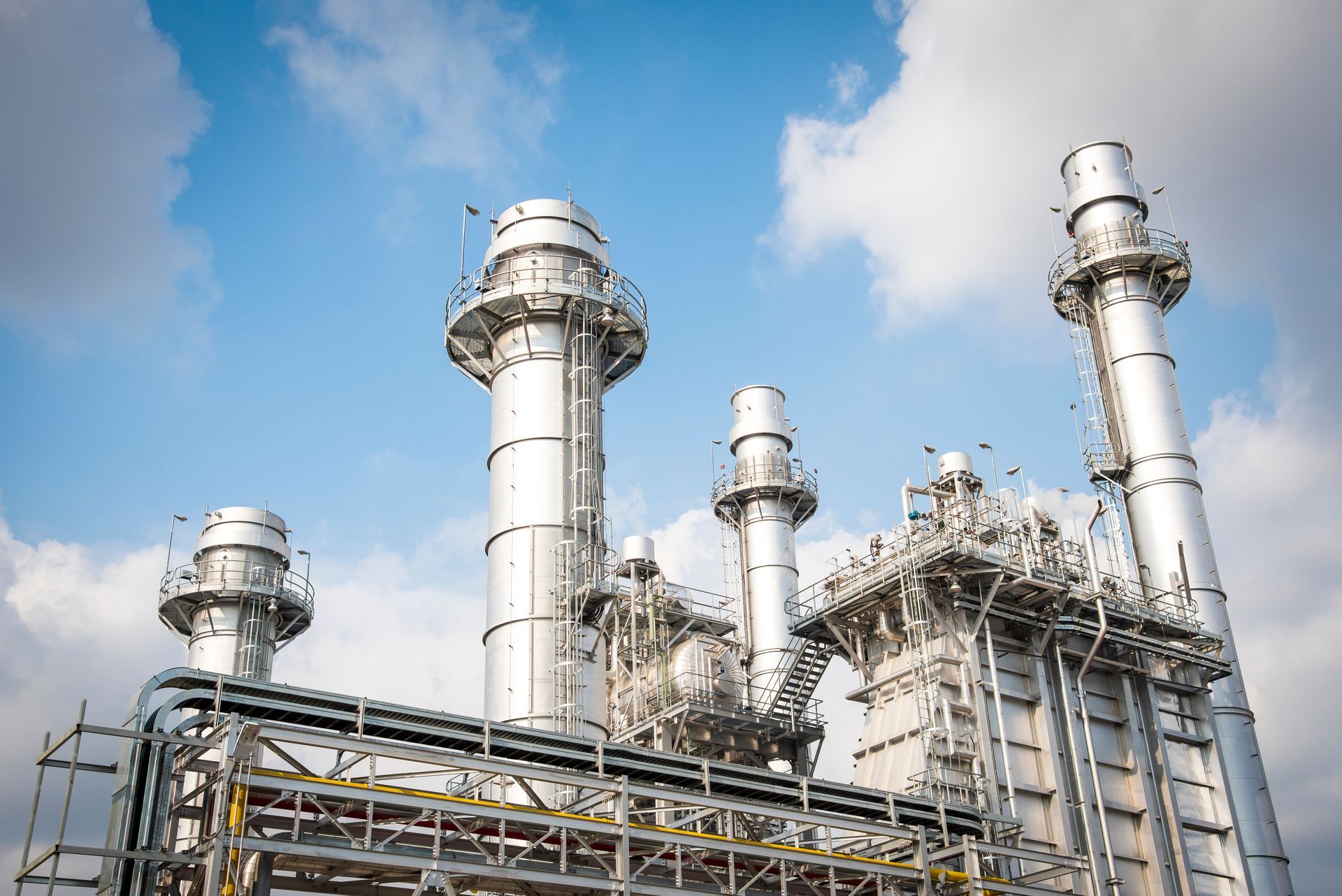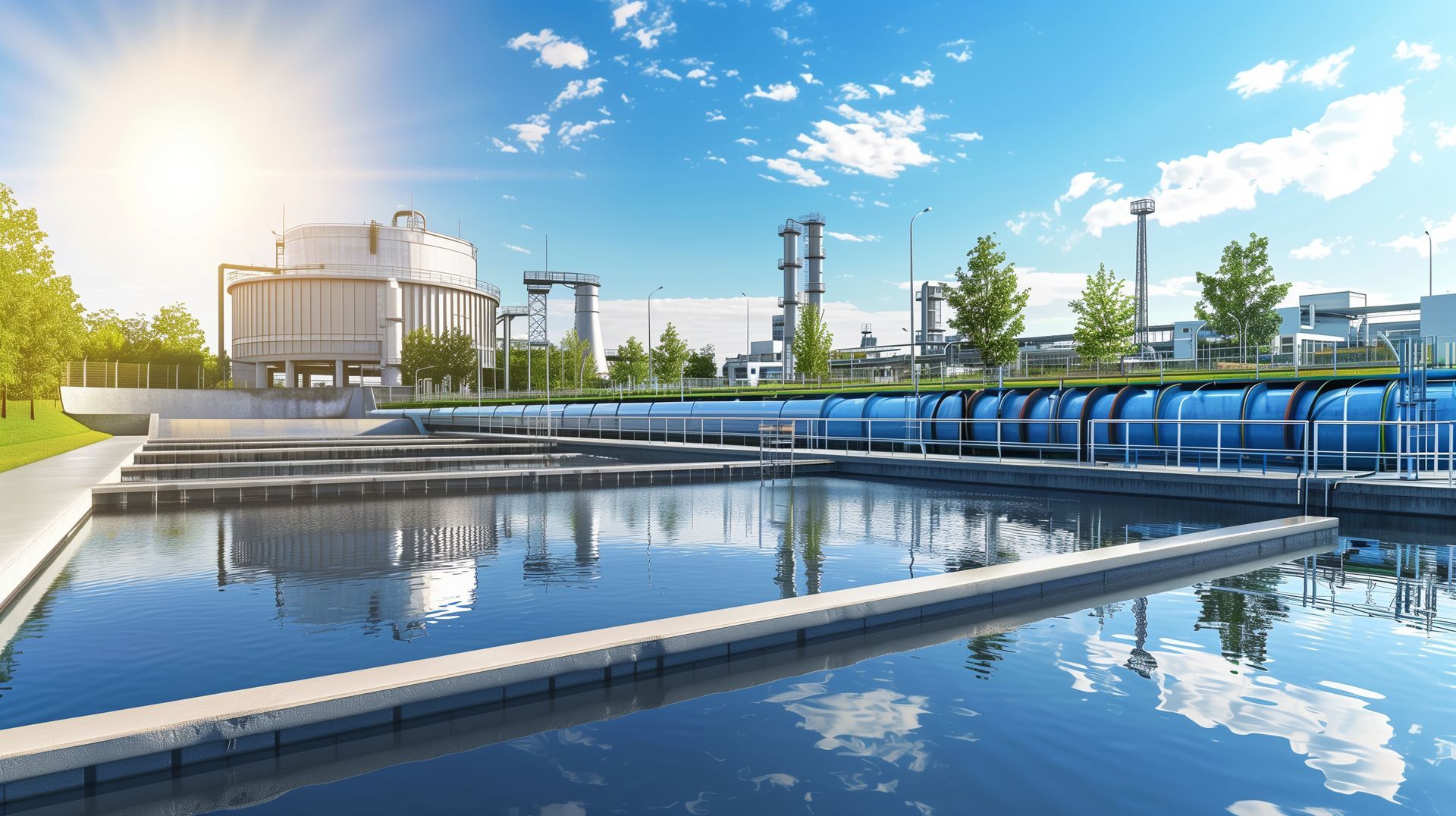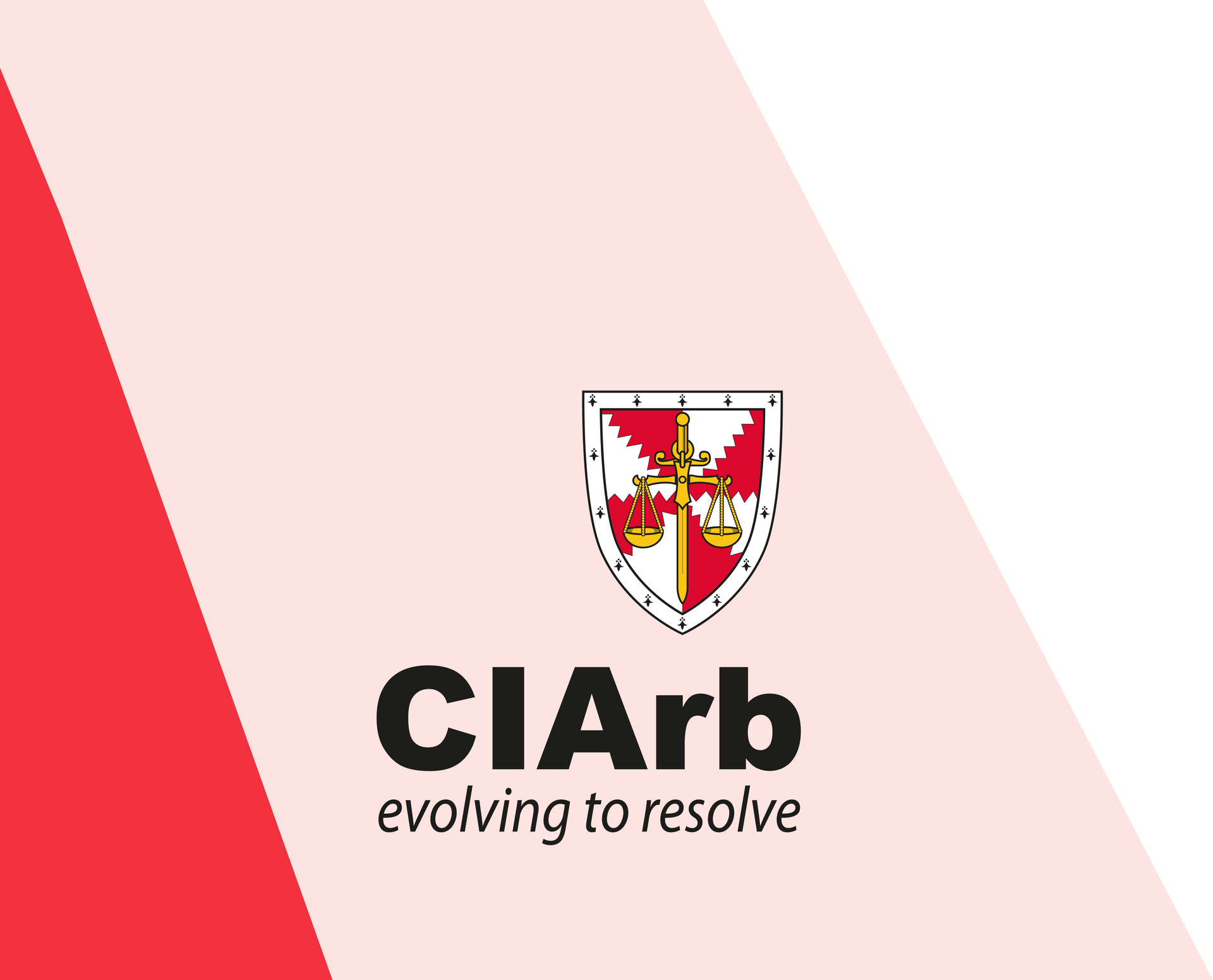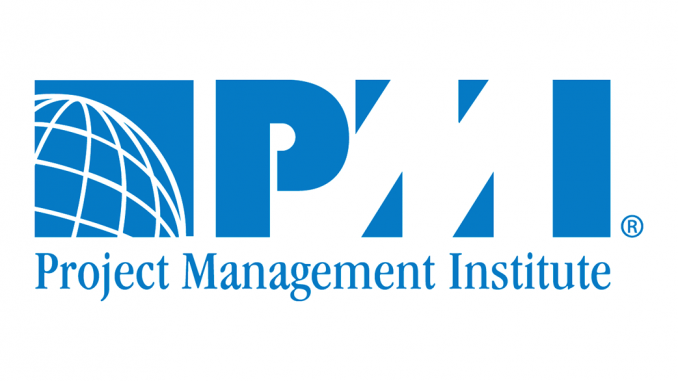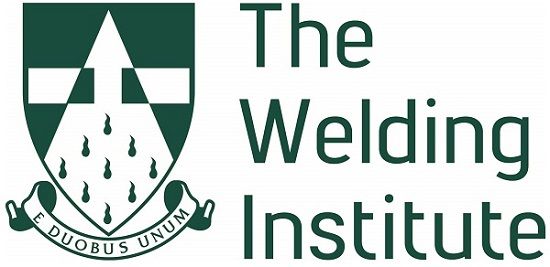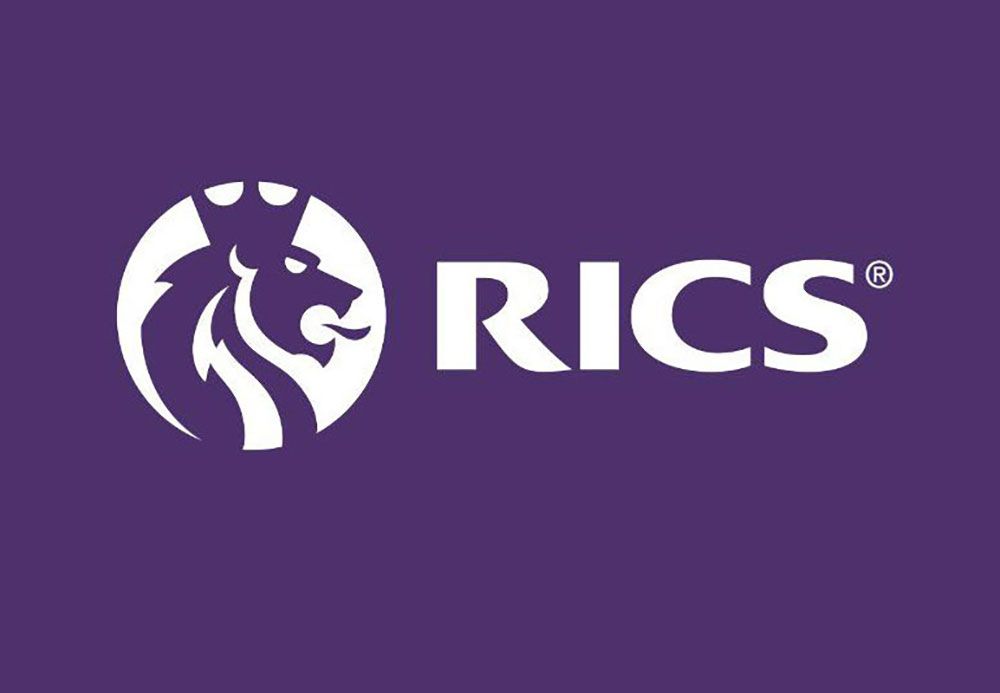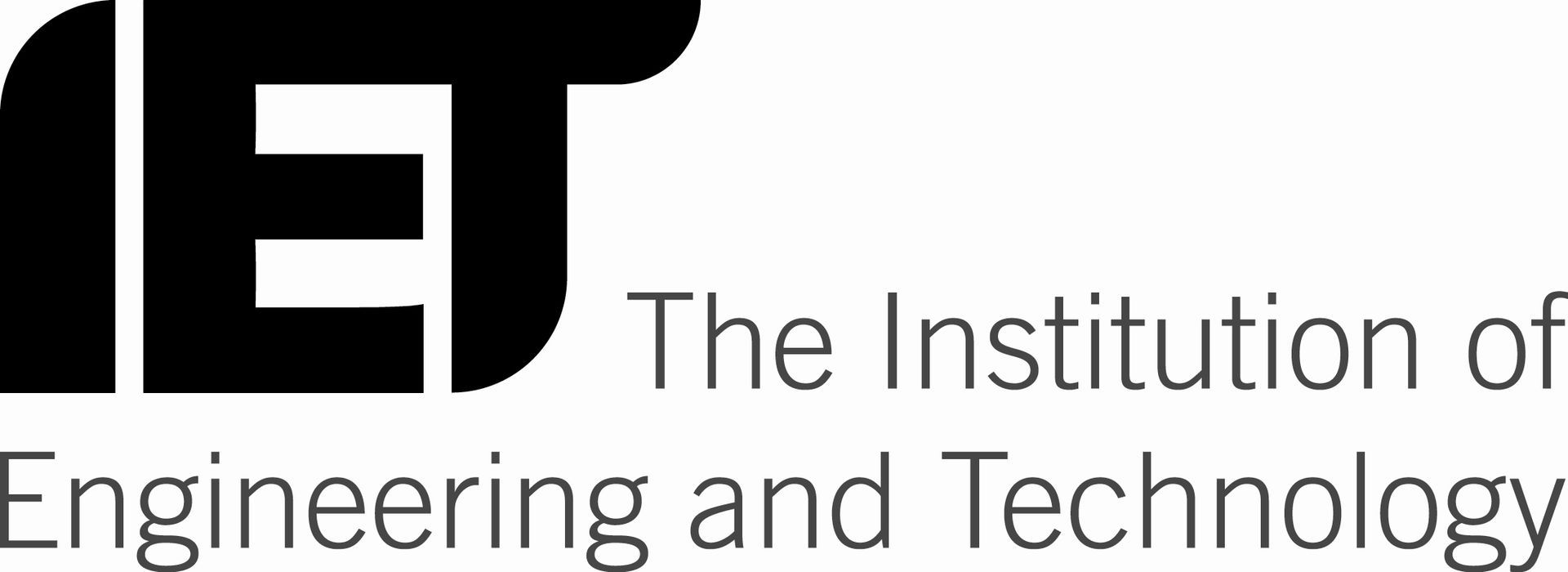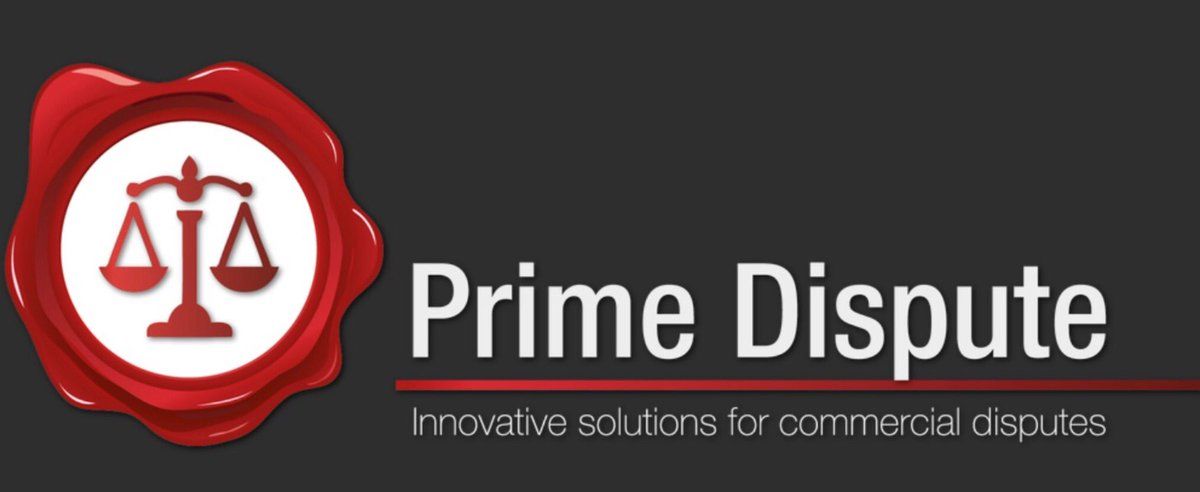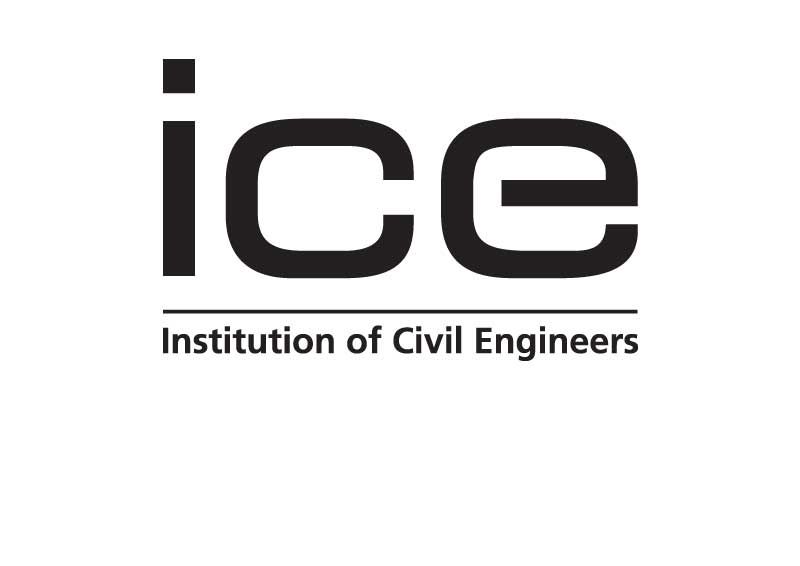Resolving Critical Delays in an Offshore
Wind Farm Project
Case Study
Background
An ambitious offshore wind farm project, aimed at contributing significantly to renewable energy capacity, faced severe delays due to a combination of supply chain disruptions, extreme weather conditions, and unforeseen technical challenges during installation. These delays not only extended the project timeline but also led to substantial financial implications, strained stakeholder relationships, and triggered a series of disputes between the developer and the contractor over liability for the delays and associated cost overruns. The disputes centred on claims for compensation for additional costs incurred, requests for extensions of time, and counterclaims alleging breaches of contractual obligations.

Challenges
The offshore wind farm project posed several key challenges that required careful and detailed analysis:
1. Complex Timeline: The project timeline was significantly disrupted, requiring a clear understanding of the planned versus actual sequence of activities.
2. Critical Path Analysis: Identifying the specific delays that impacted the critical path of the project and determining their root causes.
3. Attribution of Responsibility: Establishing which party was responsible for the delays and disruptions, taking into account contractual obligations and external factors.
4. Financial Quantification: Calculating the financial impact of the delays, including direct cost overruns, extended resource deployment, and loss of anticipated revenue.
5. Preparation for Arbitration: Providing clear, defensible evidence and expert testimony to support the client’s position in arbitration proceedings.
DAC’s Role
DAC was engaged as the expert consultant to provide independent forensic delay and
quantum analysis for the project. Our multidisciplinary team of engineers, forensic planners,
and quantum experts delivered a comprehensive analysis to support the resolution of
disputes between the developer and contractor. Key steps included:
1. Forensic Scheduling Analysis:
- Conducted an in-depth analysis of the project’s schedules to identify delays and disruptions.
- Utilised contemporaneous project records, including daily logs, correspondence, and contractual documents, to establish what was planned versus what occurred.
- Focused on critical path activities to pinpoint the delays that had the most significant impact on project completion.
2. Quantum Analysis:
- Evaluated the financial impact of delays, including increased labour, equipment, and material costs.
- Assessed claims for extension of time and compensation, ensuring alignment with contractual provisions.
- Quantified counterclaims related to potential inefficiencies and productivity losses.
3. Expert Reporting and Testimony:
- Prepared a detailed expert report, integrating delay and quantum findings into a cohesive narrative.
- Provided expert testimony during arbitration, articulating the findings clearly and addressing cross-examination effectively.

London (HQ) Office
Contact our expert team today for an initial consultation or advice on your requirement.
Methodology
DAC employed a Windows Analysis approach to evaluate the project’s progress over discrete timeframes, allowing for a focused assessment of delays and disruptions as they occurred. This method enabled a detailed examination of:
- Shifts in the critical path over time.
- Interdependencies between project activities and their influence on delays.
- The impact of external factors such as adverse weather conditions and supply chain issues.
In the quantum analysis, DAC used a fact-based approach, relying on contemporaneous records to ensure accuracy and credibility. This included assessing variations, productivity losses, and the direct and indirect costs associated with the delays.
Outcome
DAC’s detailed forensic analysis and expert testimony were instrumental in resolving the disputes efficiently and equitably. The findings provided the arbitral tribunal with a clear understanding of the causes and consequences of the delays, enabling them to:
- Attribute responsibility for specific delays and disruptions.
- Determine the validity of claims and counterclaims under the contractual framework.
- Award appropriate compensation for cost overruns and extensions of time.
The resolution of the dispute allowed the project to proceed with minimal further disruption, ensuring that the wind farm could begin contributing to renewable energy goals as planned.
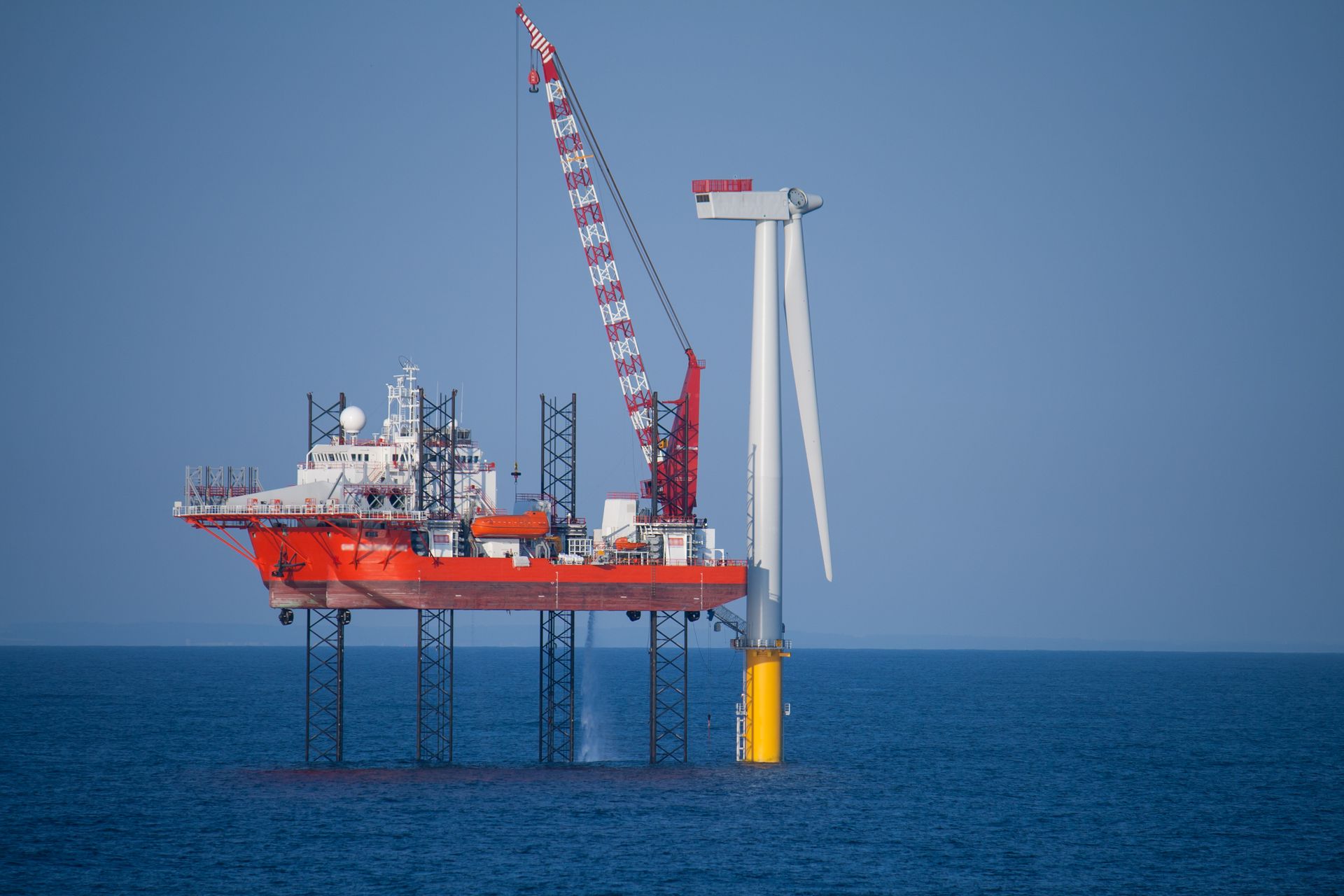
Key Takeaways
Integrated Expertise: Combining delay and quantum analyses provides a comprehensive understanding of project disputes, ensuring all aspects of the case are addressed cohesively.
2. Early Engagement: Engaging forensic experts early in the dispute process ensures that evidence is thoroughly reviewed and reports are prepared with sufficient time for robust analysis.
3. Clarity and Precision: Delivering clear, defensible findings and testimony is critical to influencing decisions in arbitration or litigation.
4. Tailored Methodologies: Adapting analytical approaches to the specific complexities of a project ensures accuracy and relevance in findings.
5. Focus on Collaboration: Working closely with legal teams and stakeholders enables seamless integration of technical, scheduling, and quantum insights into the overall dispute resolution strategy.
By leveraging DAC’s expertise, the client was able to navigate a highly complex dispute with confidence, achieving a resolution that preserved stakeholder relationships and upheld the integrity of the project’s objectives.









